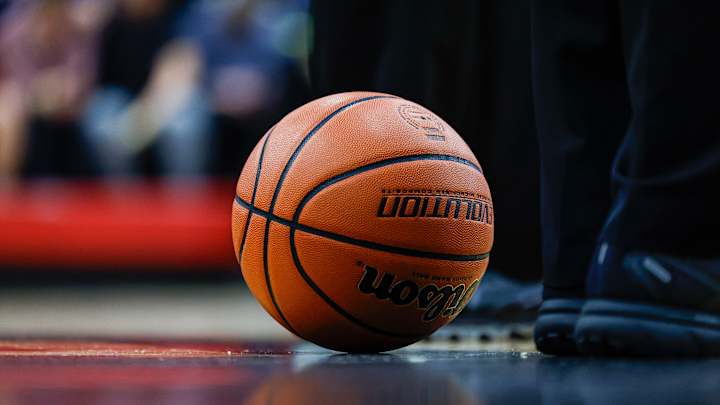Labor board clears way for Dartmouth men's basketball to form union

In this story:
College student-athletes have been granted the opportunity to unionize for the first time ever.
On Monday, Front Office Sports reported that the National Labor Relations Board ruled Dartmouth men's basketball players are considered employees of the university.
The decision, which was the result of the program filing for unionization back in September, allows the team to vote on unionization. And it will bring significant changes to the NCAA's amateurism status. The NLRB cited U.S. labor laws to determine that Dartmouth players are permitted to unionize, and a vote from the 15 players could come within the next month, according to Sportico.
The ruling addressed the compensation the Dartmouth student-athletes receive, though it did consider the perceived lack of profitability of Ivy League sports. Ivy League athletes are not granted athletic scholarships like other Division-I conferences, though other forms of compensation like apparel were enough for the NLRB to make its decision.
Meanwhile, Dartmouth will look to appeal, according to Front Office Sports. The NCAA is in the process of reviewing the potential impact the NLRB's decision has on schools and student-athletes.
NET Rankings update: Gonzaga only drops one spot after loss to Saint Mary's
In the short term, the first union consisting of student-athletes is on the horizon — and it might not be the only one. There is the potential of a domino effect of unionization spreading across the country in college athletics because the NLRB did not consider scholarships or generated revenue in its review of the case. Along with compensation from the school, the case touched on the amount of control Dartmouth has over its student-athletes.
In that regard, Dartmouth is just like most Division-I men's basketball programs. In fact, Dartmouth players testified during the NLRB hearing that they spend more than 40 hours per week in their sport — the NCAA allows 20. Safe to assume other programs are in the same boat.
In the long term, the "pay for play" model has a chance of becoming a reality. Unionization would essentially spell the end of NIL collectives, as the school would become the players' "employers" and cut out the middleman. How such a contract would be constructed is unknown — the transfer portal and the option to declare for the NBA Draft are unique regarding unionization since a player's eligibility and membership with a school are affected by both routes.
Overall, the NLRB's decision comes after a strong push for federal regulation of NIL. Whether or not Dartmouth's situation leads to big changes within the NCAA's construct of amateurism remains to be seen. Either way, college sports once again draw more resemblance to pro sports than ever before.

Cole Forsman is a reporter for Gonzaga Bulldogs On SI. Cole holds a degree in Journalism and Sports Management from Gonzaga University.
Follow CGForsman